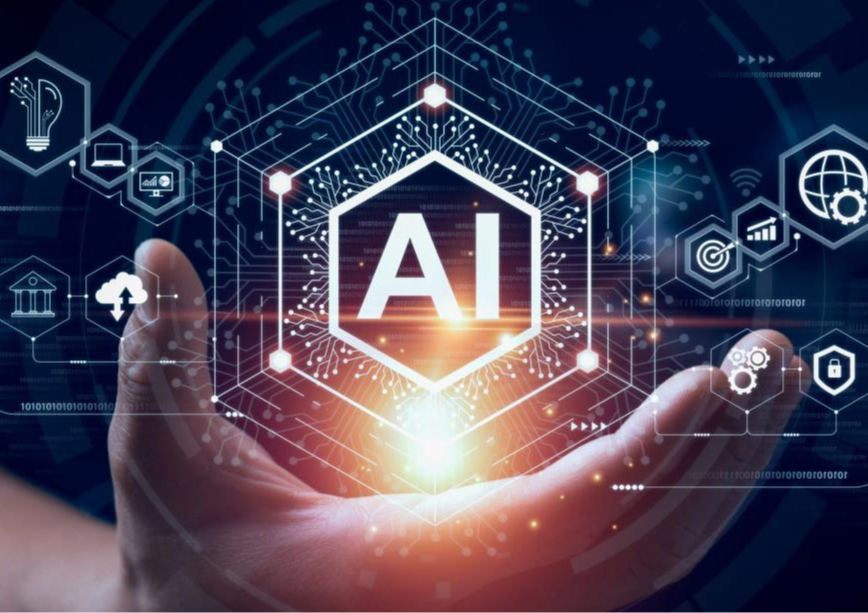How AI Can Improve Education Systems
How AI Can Improve Education Systems
Blog Article
Synthetic Intelligence (AI) is revolutionizing industries world wide, and education techniques are no exception. With the capacity to analyze data, modify learning, and automate administrative tasks, AI is transforming traditional methods to training and learning. Listed here is a closer look at how Artificial intelligence (umělá inteligence) may improve training systems and increase outcomes for students, educators, and institutions.
Personalizing the Understanding Knowledge
One of the very most substantial contributions AI provides to education is customized learning. Applying clever formulas, AI may analyze a student's performance, understanding speed, and regions of battle, then custom materials and tips to their personal needs. For example:

Versatile Understanding Tools use AI to provide custom material for every single scholar, ensuring they development at their own pace. Studies show that pupils using adaptive understanding instruments often achieve greater outcomes compared to standard methods.
AI Tutors may aid pupils with specific difficulties, offering comprehensive details and exercise questions in places they find difficult. This method offers additional help without overburdening educators.
That amount of personalization aims to close learning holes, ensuring number student is remaining behind.
Streamlining Administrative Tasks
Artificial intelligence also eliminates the burden of administrative jobs on teachers and school staff. Automating similar actions enables educators to focus more on their major role—teaching.
Grading Automation driven by AI decreases the full time used on assessing standardized checks, quizzes, and assignments. For example, AI tools can assess multiple-choice responses and actually offer feedback on prepared essays.
Arrangement and Administrative Help tools use AI to arrange scholar and teacher schedules, control resources, and talk reminders.
These efficiencies can save countless hours, making knowledge methods more effective and effective.
Improving Use of Education
AI-powered methods are expanding access to training internationally, especially for underserved communities. For example:
Language Translation Methods permit students to access learning materials inside their indigenous language, wearing down language barriers.
Electronic Classrooms and AI-enabled distance understanding programs ensure pupils can study from everywhere, applying small resources.
This democratization of education models a precedent for more inclusive and equitable understanding experiences.

Supporting Data-Driven Choice Creating
AI also helps educational institutions make more informed decisions. By studying great amounts of data, AI methods can:
Estimate graduation costs and identify at-risk students early.
Give insights in to curriculum effectiveness.
Optimize reference allocation based on information trends.
These capabilities encourage academic leaders to produce proper conclusions that gain the whole system.
The Way Ahead
AI is not just a software but a game-changer for modern education. By handling essential challenges like personalization, access, and performance, AI may cause the way to a far more inclusive and innovative training system. But, its implementation should be clever, prioritizing moral criteria and instructor involvement to fully understand its potential in surrounding the continuing future of learning. Report this page